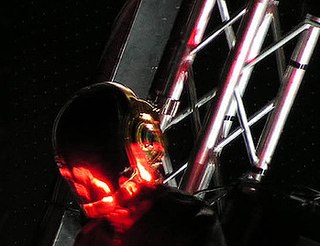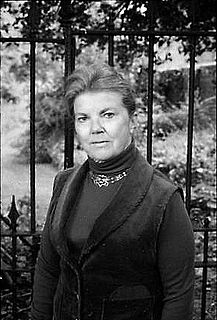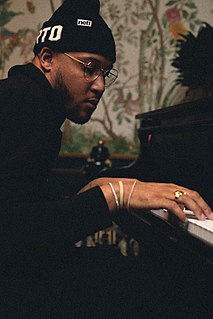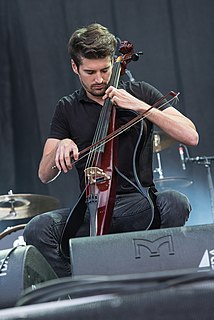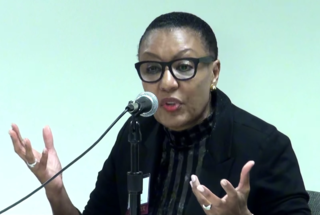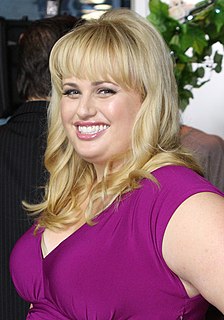A Quote by Guy-Manuel de Homem-Christo
For the second album, 'Discovery,' when we had to think about doing a live show I think we were not happy with the way it would look like and sound like. We were not happy coming onstage with just two or three samplers and a few drum machines, you know?
Related Quotes
Electronic music was just discovery about sound, all our sound options. The core percussions and melodies, they forget about it, they didn't think about those those for a good four, five years, because they were just discovering the new tools and what they could do with them, you know? The big folk revival, I think is a backlash against that. And now, I think they'll probably try to find somewhere in the middle. It's interesting. It's like push-and-pull. It's always like that, you know? Music history is always like that, this repeating evolution of music.
The music of ABBA is not that happy. It might sound happy, in some strange way, but deep within, it's not happy music. It has that Nordic melancholic feeling to it. What fools you is the girls' voices. You know, I do think that is one of the secrets about ABBA. Even when we were really quite sad, we always sounded jubilant.
Corsets do look so pretty. Once I watched it, I was like, "Well, they do look nicer than the way I do normally," but they're really uncomfortable. You start to realize why women would pass out. We had the real ones, and they were just awful. At one point, I was like, "I think that's my spleen that this is digging into." So, if I had a nightgown, that was always really comfy. I had a few coats that I thought were pretty cool.
You may think it odd that there were three men to look after one tiny station, but the people who ran the railway knew that if you left two men together in a lonely place they would quarrel, but if you left three men, two of them could always grumble to each other about the third, and then they would be quite happy.
Happiness is not like we were walking around fingering razor blades or anything like that. But it just sort of seems as if - we sort of knew how happy our parents were, and we would compare our lives with our parents and see that, at least on the surface or according to the criteria that the culture lays down for a successful, happy life, we were actually doing better than a lot of them were.
I just went into my studio and started to compile stuff. I was so happy with what was coming out that good momentum just carried over and when I would listen back to some of the riffs and some of the ideas, I was completely happy because I felt like, "wow, this was a breakthrough!" The ideas and the songs were really strong and I couldn't wait to show everybody the stuff.
Well, Led Zeppelin IV! That's it really. I'll tell you why the album had no title - because we were so fed up with the reactions to the third album, that people couldn't understand why that record wasn't a direct continuation of the second album. And then people said we were a hype and all, which was the furthest thing from what we were. So we just said, `let's put out an album with no title at all!' That way, either people like it or they don't... but we still got bad reviews!
I had very supportive parents that made the way for me, even at a time when there were very few women - no women, really; maybe two or three women - and very few, fewer than that, African-American women heading in this direction, so there were very few people to look up to. You just had to have faith.
I recall a conversation I was having with Pharrell one time. We were in the studio talking about R&B, and he said 'You're like me, we're like each other, we think the same way.' He's one of the few people I would consider a mentor, not because I look up to him but because he's actually given me sound advice and it came from a place inside of him.
